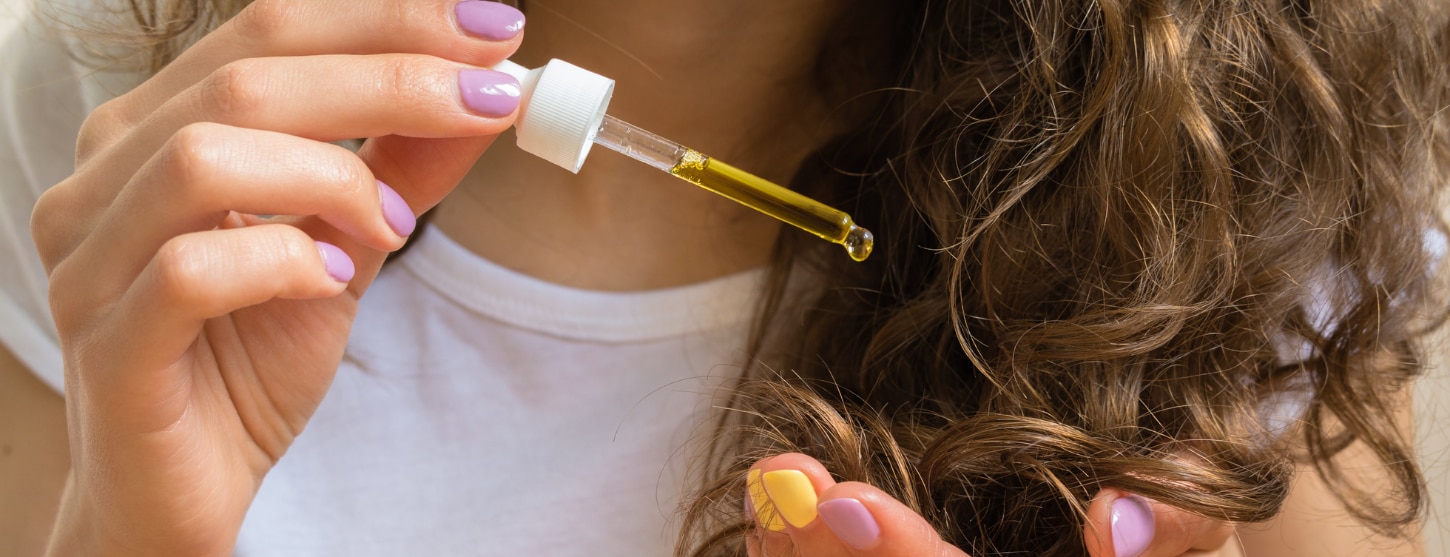20% off €35
5 benefits of using azelaic acid
.png)
Azelaic acid is a skincare ingredient which is said to support the health and appearance of your skin. But how is that? And what sort of benefits does it offer? Discover everything you need to know about azelaic acid and its uses on the skin, right here.
Skip to:
What is azelaic acid?
Let’s start with the basics, what exactly is azelaic acid? Essentially, azelaic acid is an organic compound which is found in certain grains like rye, barley and wheat. This naturally occurring acid is used to support skin health thanks to its antimicrobial and soothing properties.1,2
Top 5 azelaic acid benefits
What are the benefits of azelaic acid then? According to a range of scientific research, it can help your skin in a number of different ways. Here’s what azelaic acid might be able to offer your skin:
- It may soothe the skin
If you experience skin sensitivity, azelaic acid might be worth adding to your skincare routine. According to scientific research from 2013, azelaic acid is said to possess certain properties that can help to soothe unhappy skin.2 This means that it could help to reduce the appearance of blemishes like red bumps and swelling on the skin.3
- It may promote cell turnover
Another one of azelaic acids multiple benefits is that it can promote skin cell turnover. And that in itself has a knock-on effect. Increased cell production helps to get rid of dead skin cells (which can block pores) and therefore your pores will be less likely to get clogged.4 Essentially, this creates an exfoliation type effect.
- It may help to manage breakouts
This gentle exfoliation of the skin may also mean that you experience less breakouts. When applied to your skin, it penetrates the outer layer and then breaks up pimple causing blockages.5 These blockages include things like residual cosmetics, oil and dirt. Scientific studies have also shown that azelaic acid is effective against certain strains of bacteria like P acnes, which is thought to cause spots.6
- It may brighten the skin
If one of your skincare concerns is an uneven skin tone, then you may be in luck. One of the main benefits of azelaic acid is that it may have a brightening effect on your skin, which could help to even out any darker areas of your skin. Scientists have understood for a while that this type of acid has properties that fights free-radicals, as well as the enzyme tyrosinase which is needed for producing melanin.7,8
- It may reduce the appearance of scars
And last up in our list of azelaic acid benefits, is that it can help to reduce the appearance of scars on the skin. This is thanks to its ability to promote skin cell turnover.9
How to use azelaic acid
Now we’ve gone through what it is and the potential benefits it may offer your skin, how do you use azelaic acid? Fortunately, it’s considered an easy addition to your skincare regime.
It can come in gel, oil or cream-based formulas and a small amount can be applied to your whole face and neck, or just the affected areas if that’s what you’d prefer.
Potential azelaic acid side effects
Since cosmetic companies sell azelaic acid, it suggests that it is generally safe to use. However, everybody’s skin reacts differently so it’s important to look into any potential side effects.
The National Institute for Health and Care Excellence (NICE) states that skin reactions are uncommon, but some rare side effects include increased asthma symptoms and eye swelling.10
Having said this, the British Association of Dermatologists highlight that it can potentially cause a burning sensation, redness and general skin irritation.11 We recommend carrying out a patch test on a small area of the skin before introducing any new ingredients to your skincare routine.
Who can use azelaic acid?
Azelaic acid should be fine for most people to use, however it is important to tell a medical professional if you have ever experienced asthma, you’re pregnant or you’re breastfeeding – which will help them to provide you with personalised, safe advice on using this ingredient.12
The final say
It’s safe to say that azelaic acid offers a wide range of pretty impressive skin benefits, from its brightening abilities to reducing the frequency of breakouts. As always though, if you have any reservations about using this ingredient or any pre-existing medical concerns, please do speak to a GP or dermatologist for advice that is tailored to your needs.
The advice in this article is for information only and should not replace medical care. Please check with your GP or healthcare professional before trying any supplements, treatments or remedies. Food supplements must not be used as a substitute for a varied and balanced diet and a healthy lifestyle.
Last updated: 26 August 2022
1. https://www.nature.com/articles/s41598-019-50746-4
2. https://pubmed.ncbi.nlm.nih.gov/24280644/
3. https://www.cosmopolitan.com/style-beauty/beauty/a34371738/azelaic-acid-products/
4. https://www.ncbi.nlm.nih.gov/pmc/articles/PMC6561715/
5. https://www.acnesupport.org.uk/treatment/azelaic-acid/
6. https://jddonline.com/articles/azelaic-acid-evidence-based-update-on-mechanism-of-action-and-clinical-application-S1545961615P0964X/
7. https://pubmed.ncbi.nlm.nih.gov/1769610/
8. https://link.springer.com/article/10.1007/BF00372617
9. https://pubmed.ncbi.nlm.nih.gov/22849351/
10. https://bnf.nice.org.uk/drugs/azelaic-acid/
11. https://www.acnesupport.org.uk/treatment/azelaic-acid/
12. https://www.drugs.com/mtm/azelaic-acid-topical.html



